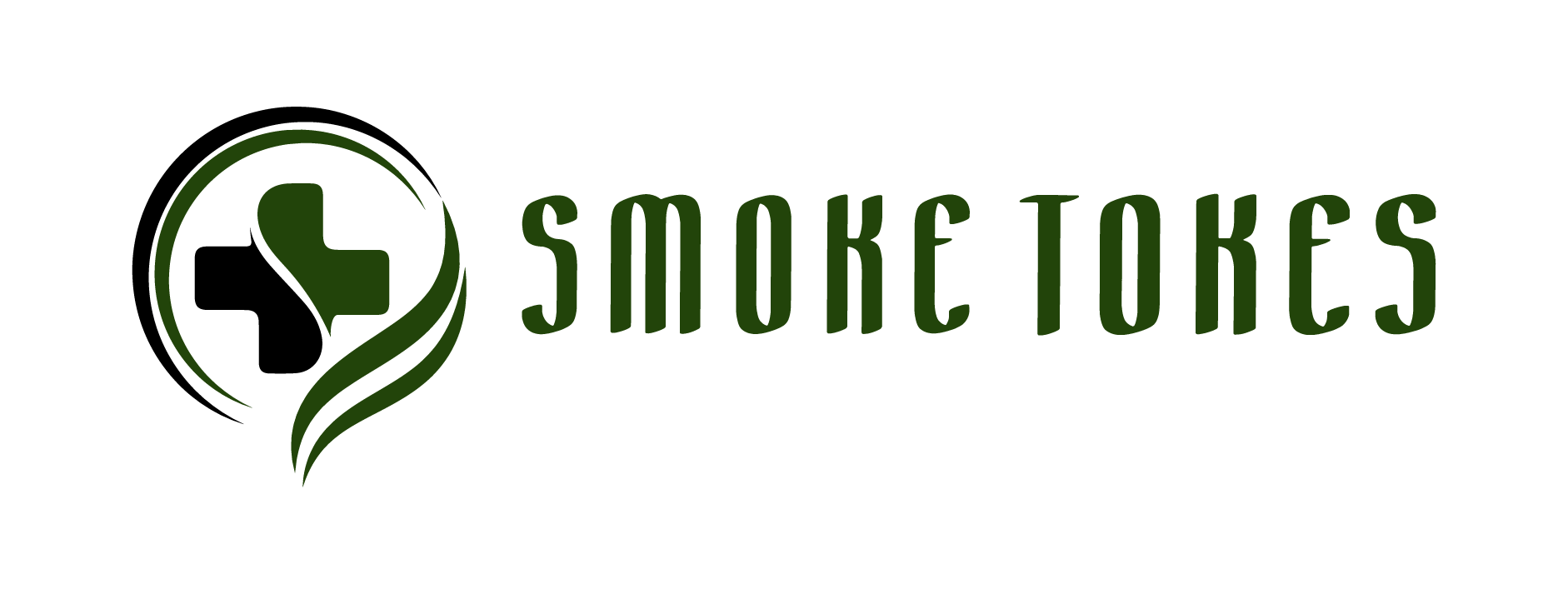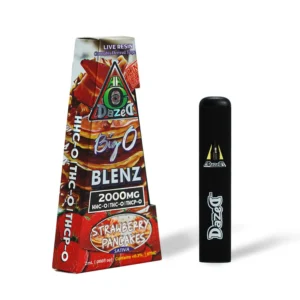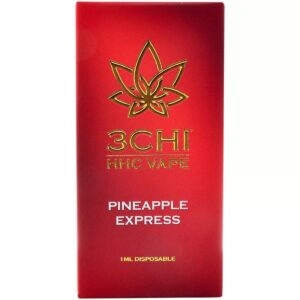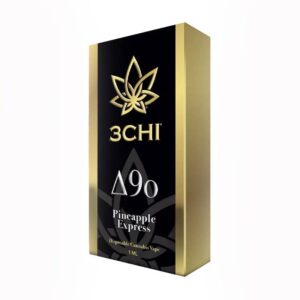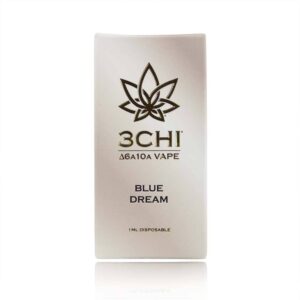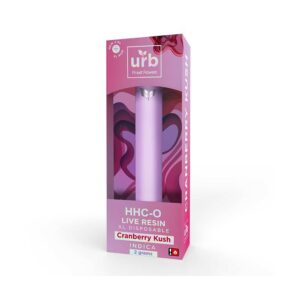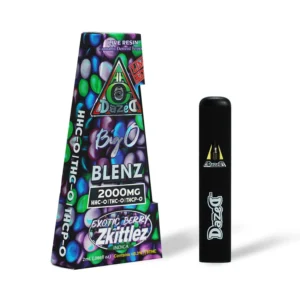
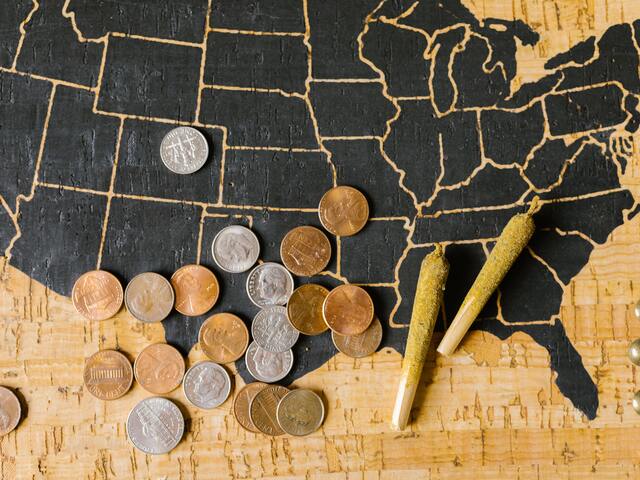
The Ins and Outs of CBD Legality: Navigating Regulations and Compliance
Welcome to the fascinating realm of CBD legality, where navigating through a maze of regulations and compliance is essential for enthusiasts and businesses alike. Whether you’re a consumer curious about the legal aspects of CBD or an entrepreneur venturing into the burgeoning CBD market, it’s crucial to gain a comprehensive understanding of the legal landscape surrounding this remarkable compound. In this article, we’ll unravel the intricacies of CBD legality, exploring regulations and compliance while shedding light on common misconceptions and frequently asked questions.
The ABCs of CBD: A Quick Overview
Before we delve into the CBD legality labyrinth, let’s quickly grasp the basics. CBD, short for cannabidiol, is a non-intoxicating compound derived from the cannabis plant. Unlike its cousin THC (tetrahydrocannabinol), CBD does not induce psychoactive effects. Instead, it is renowned for its potential therapeutic properties, which have garnered immense interest in recent years.
While CBD can be sourced from both marijuana and hemp plants, legal considerations revolve around the latter. Hemp-derived CBD contains less than 0.3% THC, making it federally legal in the United States since the passage of the 2018 Farm Bill. This distinction sets hemp-based CBD apart from marijuana-derived CBD, subject to different legal frameworks.
Shedding Light on Federal Regulations
Understanding the federal regulations governing CBD legality can provide a solid foundation for navigating the intricacies of compliance. Here’s a breakdown of the key federal regulations currently in effect:
The 2018 Farm Bill: A Game-Changer for Hemp
Enacted on December 20, 2018, the 2018 Farm Bill transformed the CBD landscape in the United States. This landmark legislation legalized the industrial cultivation of hemp, removing it from the controlled substances list. As a result, hemp-derived CBD became federally legal, subject to certain conditions such as containing no more than 0.3% THC.
FDA’s Role in CBD Regulation
While the 2018 Farm Bill opened the doors for hemp-derived CBD, the Food and Drug Administration (FDA) regulates the manufacturing, labeling, and marketing of CBD products. Currently, the FDA prohibits adding CBD to food, beverages, and dietary supplements, citing the need for more extensive research to establish safety guidelines. However, the agency allows the use of CBD in topical applications, such as creams and lotions.
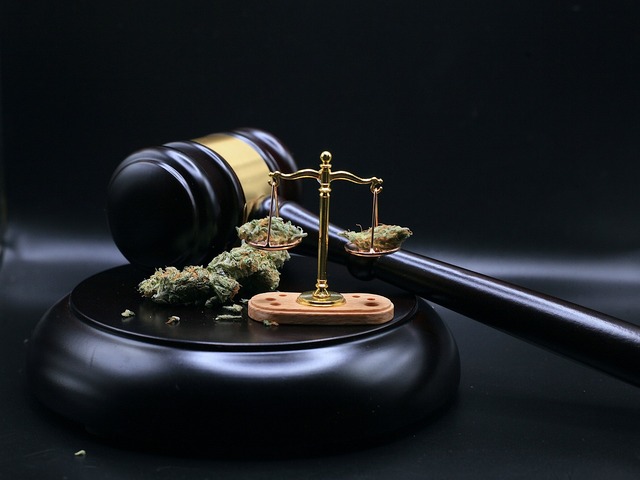
Navigating State Laws: The Patchwork of CBD Regulations
In addition to federal regulations, individual states have the authority to implement their own laws regarding CBD. This has led to a patchwork of diverse regulations across the country. Here are some essential points to consider when exploring CBD legality on a state level:
States with Full Legalization of Marijuana
In states where marijuana is fully legalized for recreational use, CBD derived from both hemp and marijuana is generally legal. However, it’s crucial to understand the specific regulations and restrictions in place to ensure compliance.
States with Medicinal Use Only
Several states allow the use of marijuana for medicinal purposes only. In such states, CBD products derived from marijuana and containing higher levels of THC may be legal for qualified patients. It’s essential to consult state-specific laws and obtain the necessary documentation, such as a medical card, to comply with regulations.
States with Hemp-Specific Laws
Some states have embraced hemp-derived CBD while maintaining restrictions on marijuana. These laws often align with federal regulations, allowing the sale and use of CBD products containing less than 0.3% THC. However, nuances can exist, so it’s crucial to familiarize yourself with specific state guidelines.
States with Restrictive Laws
A handful of states have stricter regulations surrounding CBD, making it necessary to exercise caution. In some cases, these states prohibit the sale or possession of CBD products irrespective of the source or THC content. Staying informed about the laws in your state of residence or operation is crucial to ensure compliance and avoid legal pitfalls.
FAQs
Dispelling widespread misconceptions about CBD legality promotes clarity and ensures responsible usage. Here are some frequently asked questions to shed light on common concerns:
Can I travel with CBD across state lines?
Traveling with CBD requires an understanding of both federal and state regulations. While hemp-derived CBD is legal at the federal level, certain states might restrict its transportation or possession. It’s advisable to research the laws of your departure state, destination state, and any states you’ll pass through to avoid any complications.
Is CBD legal in all 50 states?
CBD legality varies from state to state due to the patchwork of regulations. While hemp-derived CBD is federally legal, it’s essential to be aware of individual state laws, especially regarding marijuana-derived CBD or products with higher THC content.
Can I sell CBD without encountering legal issues?
Selling CBD demands careful adherence to federal and state regulations. Apart from complying with CBD-specific rules, businesses must navigate regulations governing labeling, marketing, and quality control. It is wise to consult legal professionals familiar with CBD laws to ensure compliance and minimize any potential legal challenges.
Conclusion
Understanding CBD legality, with its intricate web of regulations and compliance, is crucial to safely enjoy the benefits of this natural compound while avoiding legal troubles. The 2018 Farm Bill catapulted hemp-derived CBD into the mainstream, but federal and state regulations continue to shape the legal landscape. By staying informed about federal laws, researching state-specific regulations, and dispelling common misconceptions, you can confidently navigate the world of CBD legality. Remember, compliance is key to ensuring a positive CBD experience while maintaining legal integrity. So, arm yourself with knowledge and consult experts when needed. Shop now and embark on your CBD journey with confidence!
